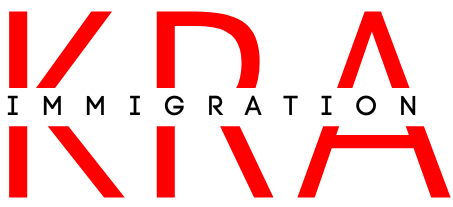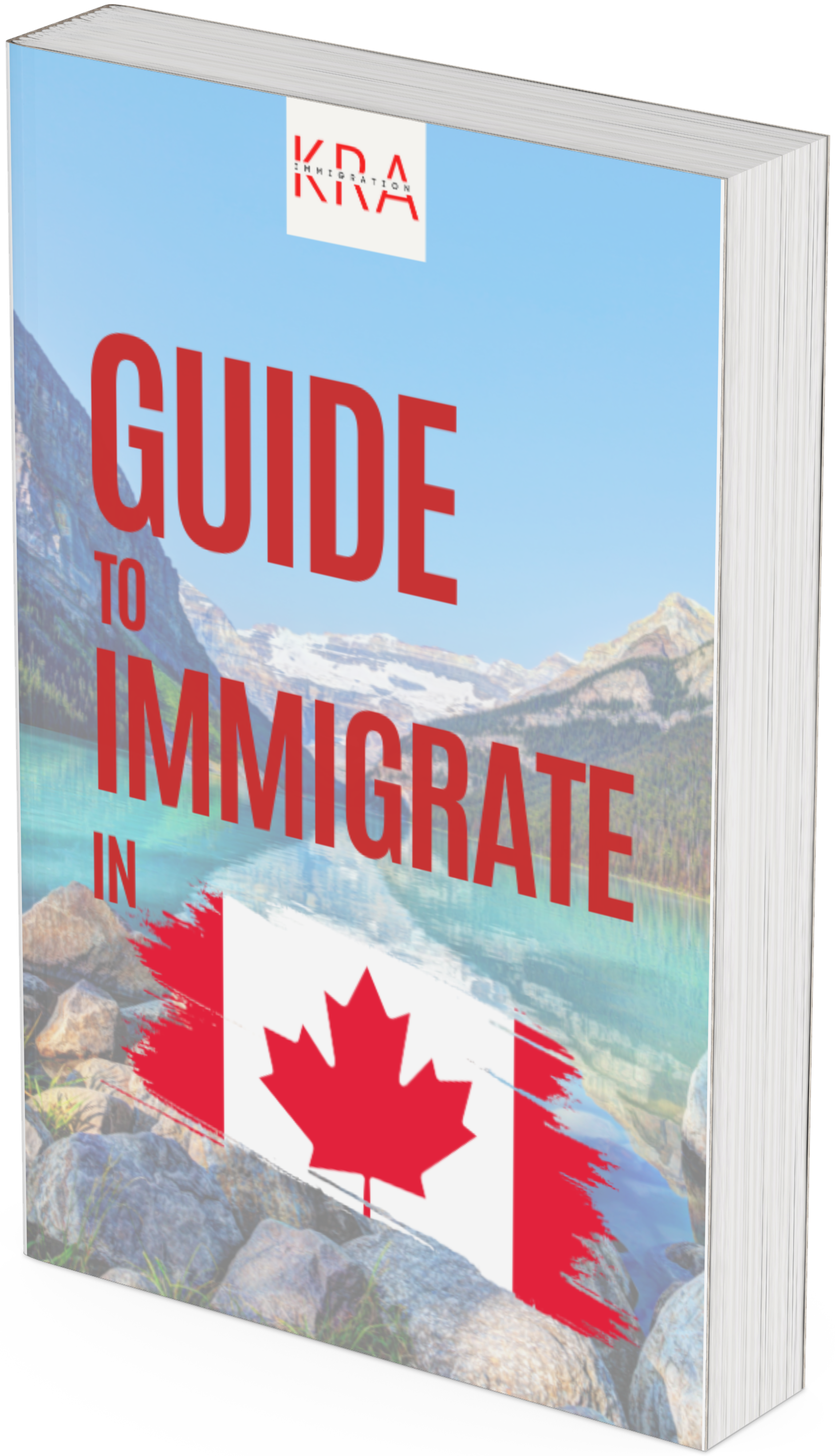Immigration Canada: Family Sponsorship Explained – A Step-by-Step Guide
Canada's family sponsorship program is one of the key pillars of its immigration system, designed to reunite families by allowing Canadian citizens and permanent residents to sponsor their loved ones for immigration. If you're thinking about bringing a family member to Canada, understanding the family sponsorship process is crucial. In this guide, we will walk you through the step-by-step procedure of sponsoring a family member to Canada, including eligibility, the application process, and important considerations.
Who Can You Sponsor?
Under Canada’s Family Sponsorship Program, the following family members are eligible for sponsorship:
Spouse, common-law partner, or conjugal partner – These terms include legally married spouses, partners in a common-law relationship (living together for at least one year), or conjugal partners (in cases where living together isn’t possible due to reasons like legal barriers in their home country).
Dependent children – You can sponsor your biological or adopted children under the age of 22, as long as they aren’t married or in a common-law relationship. In some cases, children over 22 may be considered dependent if they have a physical or mental condition that makes them reliant on their parents.
Parents and grandparents – Canadian citizens or permanent residents can also sponsor their parents and grandparents through the Parent and Grandparent Sponsorship Program (PGP). This program has limited intake and typically involves a lottery system where sponsors submit an interest to sponsor form, and selected applicants are invited to apply.
Other relatives – In very specific cases, you may be able to sponsor orphaned siblings, nephews, nieces, or grandchildren who are under 18, unmarried, and not in a common-law relationship. In rare cases, you can also sponsor a relative if you have no other eligible relatives to sponsor in Canada.
Sponsorship Requirements
Before you apply, you need to ensure both you (the sponsor) and your family member (the applicant) meet certain requirements.
Sponsor’s Eligibility:
You must be a Canadian citizen or permanent resident.
Be at least 18 years old.
Reside in Canada (exceptions may apply for Canadian citizens living abroad sponsoring their spouse, partner, or dependent children).
Agree to financially support the sponsored person for a period, which varies based on the relationship:
Spouses/partners: 3 years
Dependent children: 10 years or until the child turns 25, whichever comes first.
Parents/grandparents: 20 years
Prove that you are not receiving social assistance (except for disability).
Meet financial income requirements, particularly for parents and grandparents, where a minimum income threshold applies.
Sponsored Family Member’s Eligibility:
The family member being sponsored must complete a medical exam.
Pass background and security checks.
Prove their relationship to the sponsor (through marriage certificates, birth certificates, or other legal documentation).
The Sponsorship Process: Step-by-Step
Determine Eligibility: Start by ensuring that both you and the family member meet all the eligibility criteria. Use the tools on the Immigration, Refugees, and Citizenship Canada (IRCC) website to confirm this.
Gather Documents: Prepare all required documentation, including identification documents, proof of relationship, financial documents, and any other supporting material required. The specific documents will vary based on the type of sponsorship.
Complete the Application: There are two main components to the application:
Sponsor’s Application: This confirms that you are eligible to sponsor your family member.
Sponsored Person’s Application: Your family member will need to complete their application, providing all necessary information about themselves, their background, and their health.
Submit the Application Package: Both the sponsor and the sponsored family member's applications must be submitted together as a complete package. Make sure to double-check all forms and supporting documents before sending the application.
Wait for Approval: After submitting, you will need to wait for IRCC to process the application. Processing times vary depending on the type of sponsorship and the country of the applicant. During this time, both the sponsor and the applicant may be asked to provide additional documents or attend an interview.
Receive the Decision: Once IRCC reviews your application, they will notify you of the decision. If approved, your family member will receive instructions on how to finalize their immigration to Canada.
Settlement in Canada: Once your family member arrives, they will receive their permanent residency card and will be able to live, work, or study anywhere in Canada. As the sponsor, you are responsible for their financial well-being during the agreed-upon period.
Key Considerations
Financial Responsibilities: Sponsoring a family member comes with significant financial commitments. Ensure that you understand your obligations, particularly if your family member encounters financial difficulties.
Immigration Backlogs: Sponsorship applications can face delays, especially in the parents and grandparents stream, due to high demand. Be prepared for long waiting periods.
Rejection Risks: Applications can be rejected for various reasons, such as missing documents, failure to meet financial thresholds, or concerns about the genuineness of the relationship. Properly preparing your application can reduce these risks.
Conclusion
Family sponsorship is a powerful way to reunite with loved ones in Canada, but it requires careful planning, thorough documentation, and understanding of the process. By following the steps outlined above, you can increase your chances of successfully bringing your family to Canada and ensuring a smooth transition to their new life.



